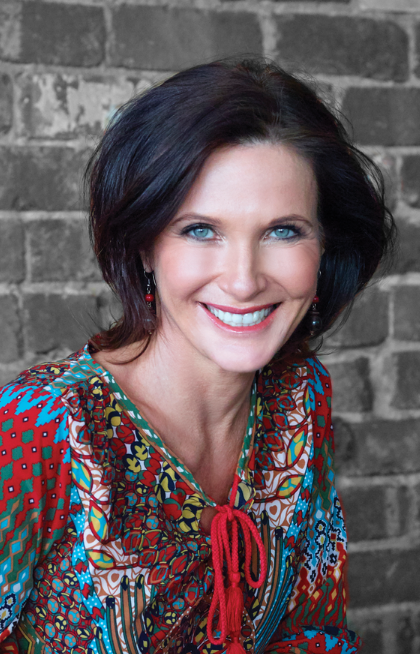Who Knows What You Know?!

No doubt you’ve heard the saying “It’s not what you know, but who you know.” It’s one I’ve often heard in relation to someone who’s landed a great opportunity via a connection, personal or professional.
While knowing lots of people is helpful when it comes to accomplishing goals and advancing your career, on its own, it’s simply not enough. In my experience, what matters most when it comes to getting something you want is not just what you know, nor who you know, but who knows what you know… what you can do and what you want to do!
During an interview last week on The Circle (an Australian national talk show a bit like The View, but not really), I was asked why women, after fifty years of feminism, are still earning less than men and what women can do to close the gap. Needless to say, there’s only so much that can be covered in a 5 minute interview and, as often happens, I only got to say a portion of wanted to share (you can watch on this link.)
One thing I did get to share is that women aren’t always great at letting others know just how capable they are, nor asking for what it is they really want. Regardless of your gender, however, if you are working in an organization of any size, it’s vital to take responsibility for ensuring others are aware of the value you bring (i.e. what you know and do), and the value you want to bring (i.e. what you want to do.)
Many people struggle with the idea that they should have to “toot their own horn” in order to be recognized and rewarded in their jobs. After all, surely if you work hard, do a good job and continually deliver good results, you will be rewarded for it, right? But as I said in the interview, just because you think your boss should be thinking about you, noticing the long hours you put in and the stellar job you are doing, it doesn’t mean that he (or she!) will. Likewise, just because you think a co-worker, supervisor or even your beloved life long partner should know how you feel and what you want, doesn’t mean they will.
People are not mind readers. Not your boss. Nor your best friend. Nor your “soul mate.” Not anyone. Assuming other people know what you want or need sets you up for resentment and frustration – and it reduces the likelihood of you getting it. The reality is that most people are too caught up with what they are doing, and want to do, to focus much on you. It’s not personal; it’s just human nature.

Of course, no one enjoys the company of someone who is forever blowing their own horn, asking for accolades or demanding recognition. But refusing to toot your own horn when the right opportunity or need arises can do yourself a big disservice, keeping you from enlisting the support of key decision makers and people well-positioned to help you.
Often our reticence to let others know our value is based on a misguided belief that they should simply be aware of it already. Other times it’s based on the assumption that they do. And other times it’s simply because we are afraid of coming across as too full of ourselves and simply loathe the idea that someone might think we were conceited, with an over inflated sense of ourselves. But let me be clear: Tooting your own horn isn’t about trying to impress people for the sake of stroking your ego. It’s about making sure that people who need to know what you have done (and can do), are aware of it. After all, the more people who know what it is that you want, and what you can do, the more who can help you achieve it.
There is a difference between blowing your trumpet to show off how great you are, and sharing what you’ve done so you can expand opportunities to make a greater impact.
In researching my next book, which I’m writing to help people be more courageous (successful and fulfilled) in their working lives, I’ve interviewed many people who have achieved outstanding professional success. Without exception, they’ve all said that unless someone is willing to advocate to let people know not just what they are capable of doing, and more importantly, what they want to do, they will be hard pressed to fulfill their professional aspirations. Does that mean occasionally risking rubbing people the wrong way? Sure. But the bigger risk is missing out on opportunities simply because they sat passively back, and waiting to be handed the opportunity or promotion they wanted they assumed others knew they wanted.
So as you look at your future , consider who you could reach out to and communicate with more clearly about what you can do – and what you want to do. I’ll bet there are people in your network who can help you advance in your career or business or with some other endeavor. But how can they do so if they don’t know which direction you want to advance towards?
As you get out your horn to give it a toot, remember that letting others know the value you can – and want – to bring isn’t a boastful or conceited action. Rather it’s a courageous action that will enable you to honor your potential more fully and expand your ability to make the difference you want.
So get over yourself. Toot, toot.


